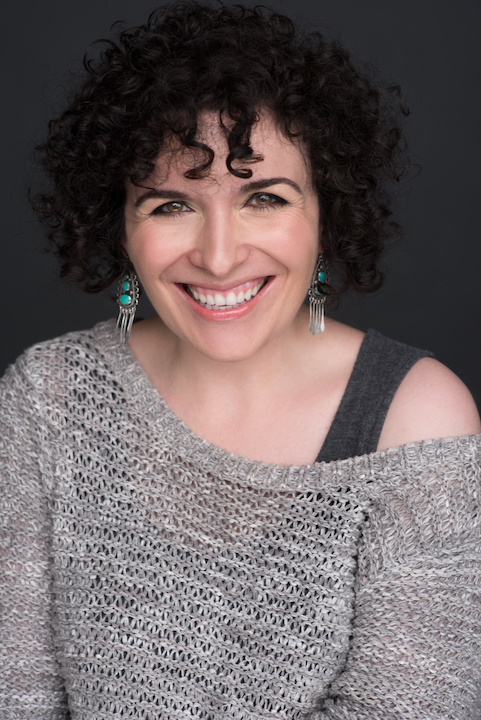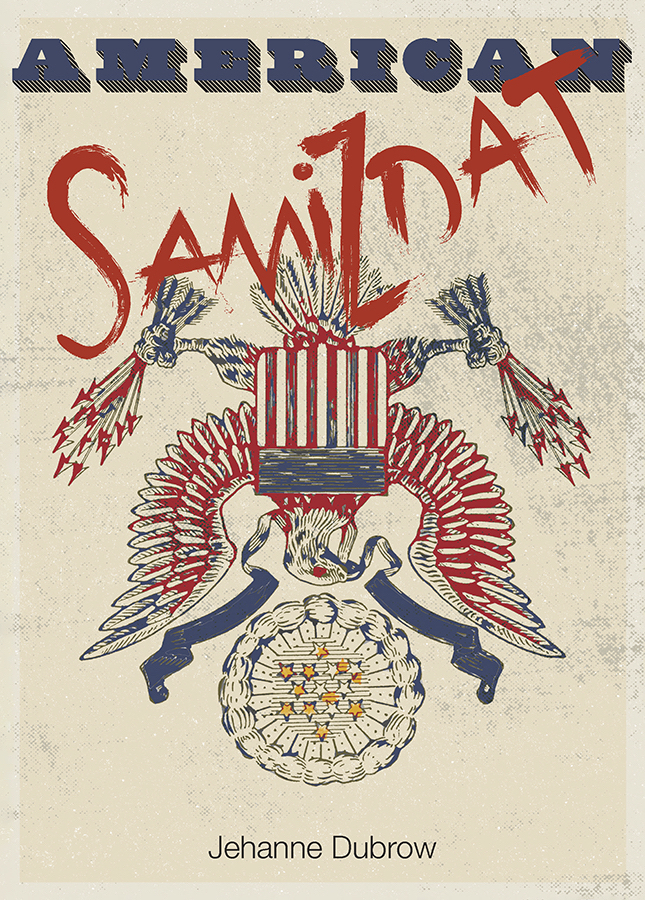"American Samizdat emerges slowly. It emerges like an animal emerging from a fog so absolute it could be mistaken for a wall. It emerges like that same animal erupting into consciousness as it clears the fog—an evolutionary leap!—only to discover that the fog was internal. The animal, a creature that already knows the world, must also discover the world: 'For a time, I missed the sharing / as it’s known, the communal // passing around of news, small bites / I used to take of other lives.' In American Samizdat, we discover our world."
—Shane McCrae, author of In the Language of My Captor
“'Numbness is another way / of turning off the news,' Jehanne Dubrow writes in her deeply moving, terrifying, and necessary new collection, American Samizdat. In this brilliant, book-length series, Dubrow somehow gets at the root of our collective anxiety in a disintegrating America where meaning is merely 'the last pink light / that glows above a fence' and '[a]n alternative to fact is vertigo, / the floor rising up to strike my face.' American Samizdat will last as a marker of early 21st century America, a 'nation terrified,' a nation fed by technology and led by a mad man. 'I remember,' Dubrow writes, 'when threats // were given colors, red severe, / orange that the risk was high. // Now there is no chart.'”
— Allison Benis White, author of Please Bury Me in This
"To say that Jehanne Dubrow's American Samizdat is a brilliant book would be to say the truth. But what does it mean? It means that we hold in our hands a book that combines lyricism with a sweep of a large historical vision. It means that strangeness of language here wakes us even if we put "stoppers in our ears" because even silence for this poet is a musical instrument. It means that in the couplets of this book clarity arises and the reader in America, the country that denies its own history, sees that 'point of Cassandra / is we struggle to stare directly at the light, its naked blaze.' Indeed. For me, Dubrow's brilliant book-long poem succeeds because it provides a myth for our time, a fable. How does she do it? 'To make a fable of this time, / I will say we were governed by a bird / who pecked decrees in the ground. Our park was a chaos of squawking.' Welcome to American Samizdat, dear reader. Behold the 21st century world."
— Ilya Kaminsky, author of Deaf Republic





